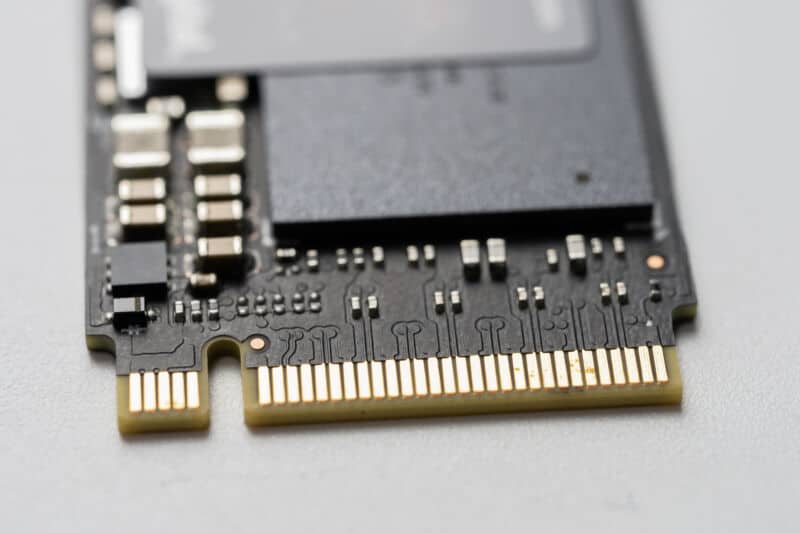
PC games can now use DirectStorage, a DirectX 12 Ultimate API that Microsoft announced in 2020. The feature is supposed to bring faster loading times and improved textures and draw distances.
The Xbox Series X/S already uses DirectStorage, and in June, Microsoft said it would bring the feature to Windows 11. The storage acceleration API should improve gameplay by bringing instant asset introduction and enabling more vivid virtual landscapes. It works by sending data directly from an NVMe SSD to the graphics card, skipping the CPU and leveraging PCIe 3.0 or PCIe 4.0 speeds, depending on the system.
In a developer blog post today, Microsoft said it is moving DirectStorage out of developer preview and making it available via a public SDK.
Microsoft initially said that Windows 10 wouldn’t support DirectStorage but later backtracked. In today’s post, Microsoft tried to steer PC gamers toward Windows 11, saying that the operating system “has the latest storage optimizations built in” and is the company’s “recommended path for gaming.”
No games support DirectStorage on PC yet, but AMD and game developer Luminous Productions recently demoed Forspoken using the feature. The game is expected to release on October 11. Microsoft’s blog said the company would have more to say about PC games supporting DirectStorage “in the future.”
We can expect to see more games implement the feature. Sony has already promoted what a speedy NVMe SSD can do for gaming through the fast-loading universe-hopping in the PlayStation 5’s Ratchet and Clank: Rift Apart. However, not all PC gamers have moved from SATA to NVMe PCIe 3.0 or later SSDs. Microsoft previously said NVMe was necessary because such SSDs “can have multiple queues, and each queue can contain many requests at a time, making [them] a good fit for today’s gaming workloads that tend to be parallel and batched.”
DirectStorage also requires an Nvidia RTX 2000 or AMD RX 6000 series graphics card or later.
























